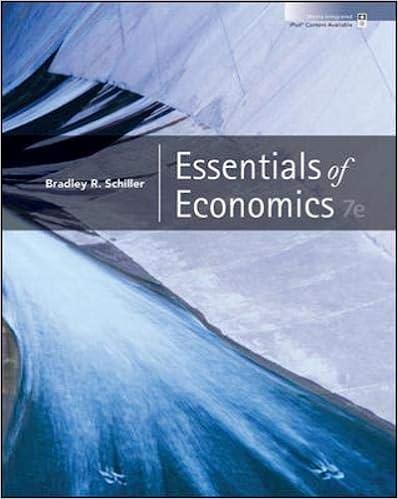Question
Consider the following model of electoral accountability. There are two periods. In period 1 , an incumbent politician (represented as: I ) exerts effort e
Consider the following model of electoral accountability. There are two periods. In period 1, an incumbent politician (represented as: I ) exerts effort e1 that is beneficial to a voter (represented as: V ). V observes e1. Then there is an election in which either V reelects I, or V replaces I with a challenger (represented as: C). In period 2, whichever politician (either I or C) wins the election chooses a level of effort e2 and the game ends.
In each period the effort level et is either 0 ("low") or 1 ("high"). Each politician can be either "diligent" (D) or "lazy" (L). Each politician is "diligent" (D) with probability p > 1/2 and "lazy" (L) with probability 1 p. Each politician's type is her private information. It is drawn at the start of the game and fixed for both periods.
For a "diligent" (D) politician, both effort levels cost 0 jollies (payoff). For a "lazy" (L) politician, "high" (1) effort costs 2 jollies (payoff) and "low" (0) effort costs 0 jollies (payoff). Voters obtain utility each period equal to the politician's effort level that period. The politician in office in a period obtains a payoff equal to their effort level from that period, plus a benefit R for holding office in each period, less the cost of effort for that period. The politician out of office in a period obtains 0 payoff in that period. Total payoffs in the game for each player are the sum of payoffs across the periods. Players do not discount future payoffs.
(a)What action does the "lazy" (L) type of either politician take in period 2 in any perfect Bayesian equilibrium (PBE)? What action does the "diligent" (D) type of either politician take in period 2 in any PBE?
(b)Derive conditions on R such that there is a PBE in which both types of the incumbent take "high" (1) effort in period 1, and V reelects I if and only if I exerts "high" (1) effort.
Note: topic is calculating perfect Bayesian equilibrium (PBE) in a dynamic game of incomplete information.
Step by Step Solution
There are 3 Steps involved in it
Step: 1

Get Instant Access to Expert-Tailored Solutions
See step-by-step solutions with expert insights and AI powered tools for academic success
Step: 2

Step: 3

Ace Your Homework with AI
Get the answers you need in no time with our AI-driven, step-by-step assistance
Get Started


